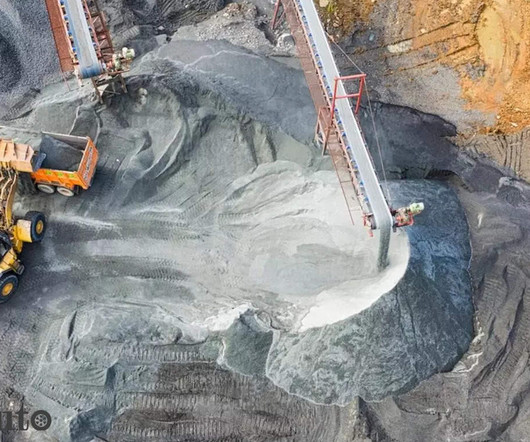Researchers design nanoparticles for cost-effective hydrogen production process
Green Car Congress
MARCH 24, 2019
Researchers at the University of Arkansas, with colleagues from Brookhaven National Lab and Argonne National Lab, have found that nanoparticles composed of nickel and iron are more effective and efficient than other more costly materials when used as catalysts in the production of hydrogen fuel through water electrolysis.












Let's personalize your content